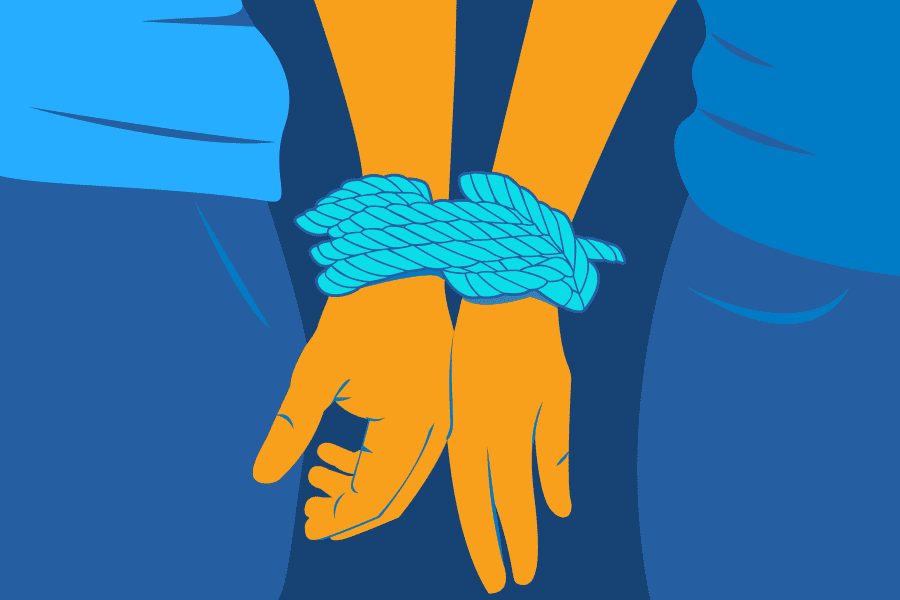How Do Codependent Relationships Form?

Codependent relationships are complex interpersonal dynamics that arise when individuals become excessively reliant on one another for emotional support, validation, and a sense of self-worth. The formation of such relationships is rooted in an intricate web of psychological, emotional, and social factors. Typically, codependent relationships emerge from individuals' past experiences, unmet emotional needs, and an innate desire to foster a sense of belonging and security.
One of the primary drivers of codependent relationships is an individual's early life experiences, particularly those involving caregivers. In many cases, the seeds of codependency are sown in childhood when a child experiences a lack of emotional support, inconsistent nurturing, or even abuse. This can lead to the development of maladaptive coping mechanisms, such as a heightened need for approval, a fear of abandonment, and a tendency to prioritize others' needs above their own. As individuals with these experiences mature, they often gravitate towards relationships that echo their early life dynamics, unconsciously seeking to replicate the sense of security they once craved.
Unmet emotional needs play a pivotal role in the formation of codependent relationships. Individuals with deep-rooted insecurities or a low sense of self-worth often seek validation and support from external sources, such as romantic partners or close friends. In an effort to maintain their emotional equilibrium, they may become overly invested in the wellbeing of others, often at the expense of their own needs and desires. This can lead to the establishment of a feedback loop where the individual continually prioritizes their partner's needs, further reinforcing their own feelings of inadequacy and perpetuating the cycle of codependency.
Furthermore, societal factors contribute to the development of codependent relationships, particularly in cultures that place a strong emphasis on interdependence and familial loyalty. In such environments, individuals may be socialized to view self-sacrifice and caretaking as virtuous, reinforcing the notion that one's worth is intrinsically tied to their ability to support others. This cultural conditioning can prime individuals to seek out relationships in which they derive a sense of purpose and identity through their caregiving roles.
In conclusion, the formation of codependent relationships is a multifaceted process that involves a confluence of personal experiences, emotional needs, and cultural norms. While the mechanisms that drive these relationships may vary, the underlying theme is a deep-seated desire for connection, validation, and a sense of security. Ultimately, breaking free from the cycle of codependency requires individuals to confront their own vulnerabilities, develop healthy coping strategies, and establish a strong sense of self-worth independent of external sources.
Videos for purchase on codependency
Codependency Series: What is Codependency?
Understanding Codependency, DVD
Medical Aspects of Codependency, DVD


